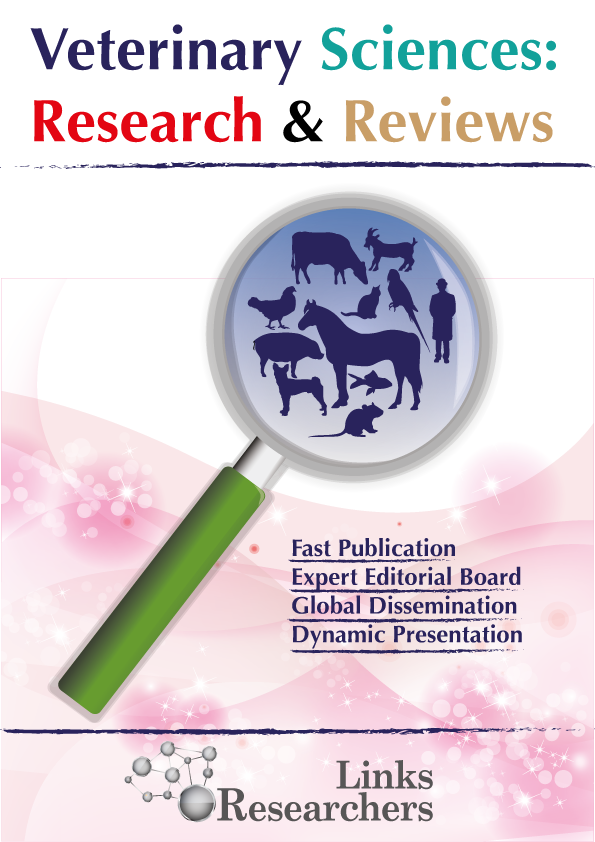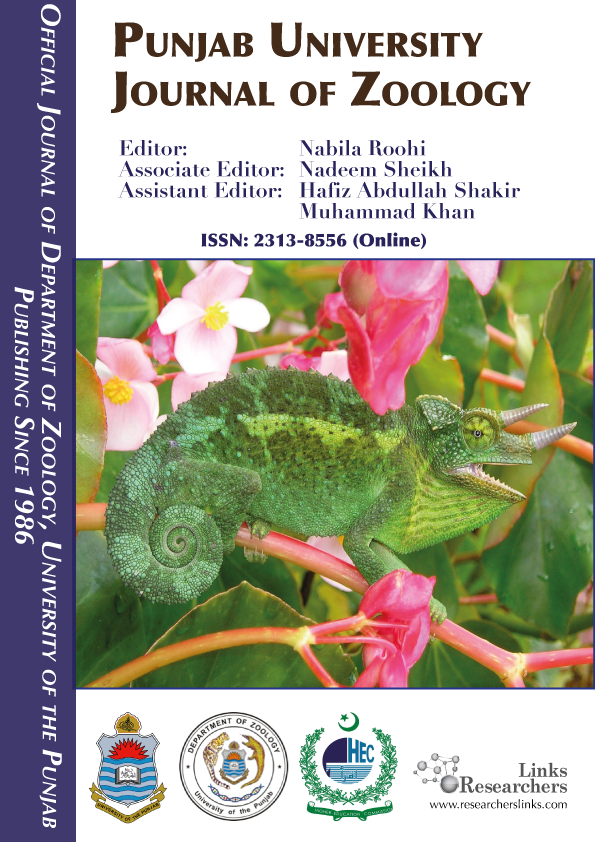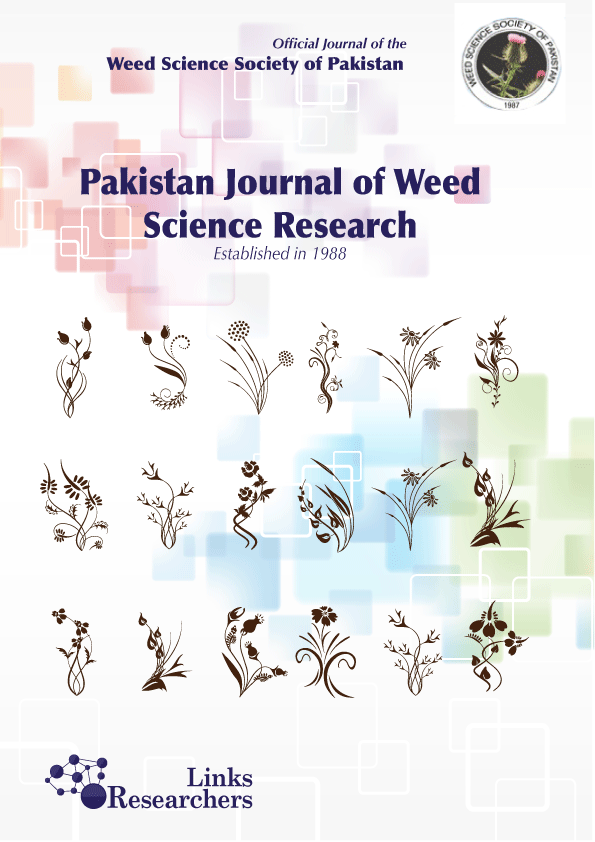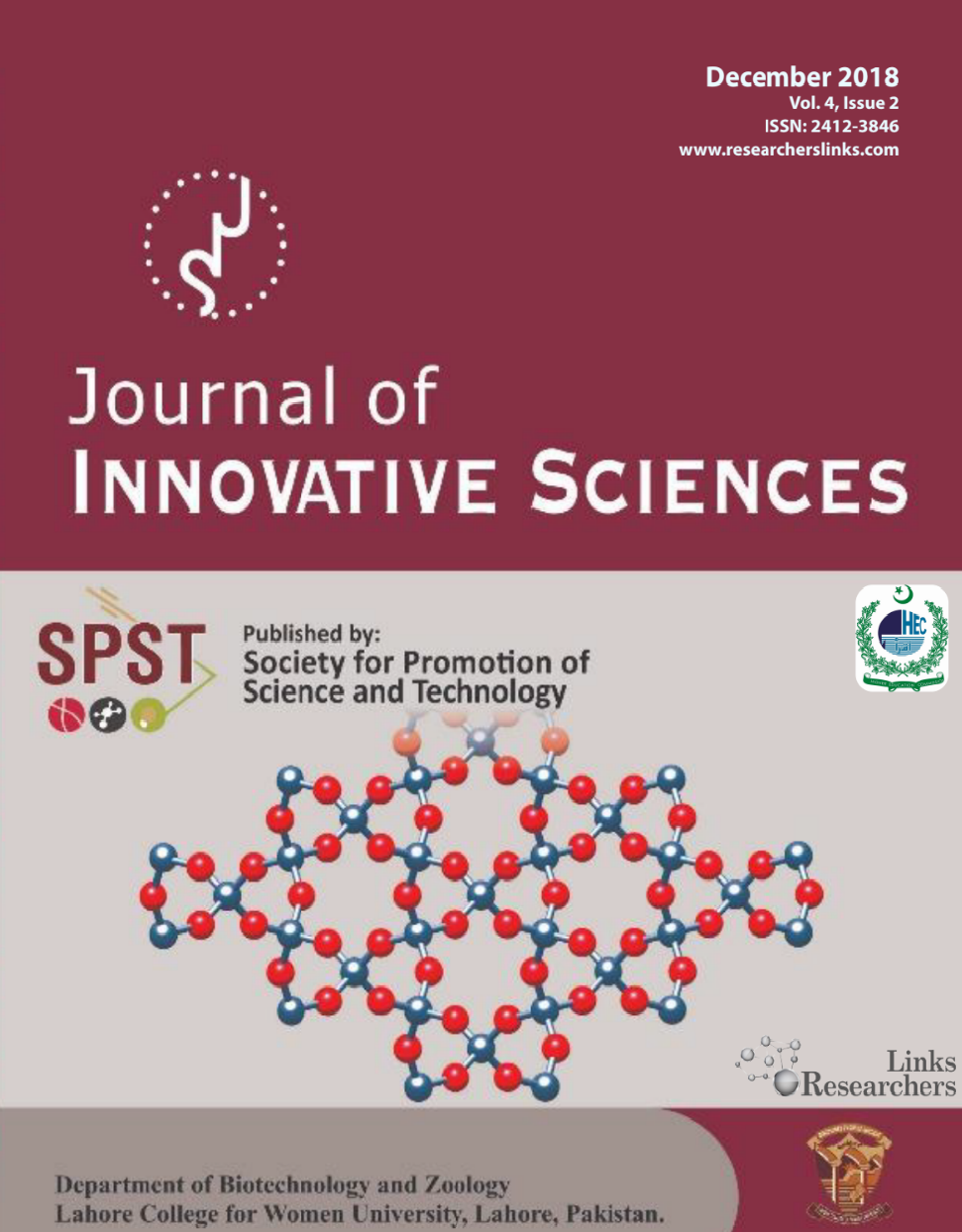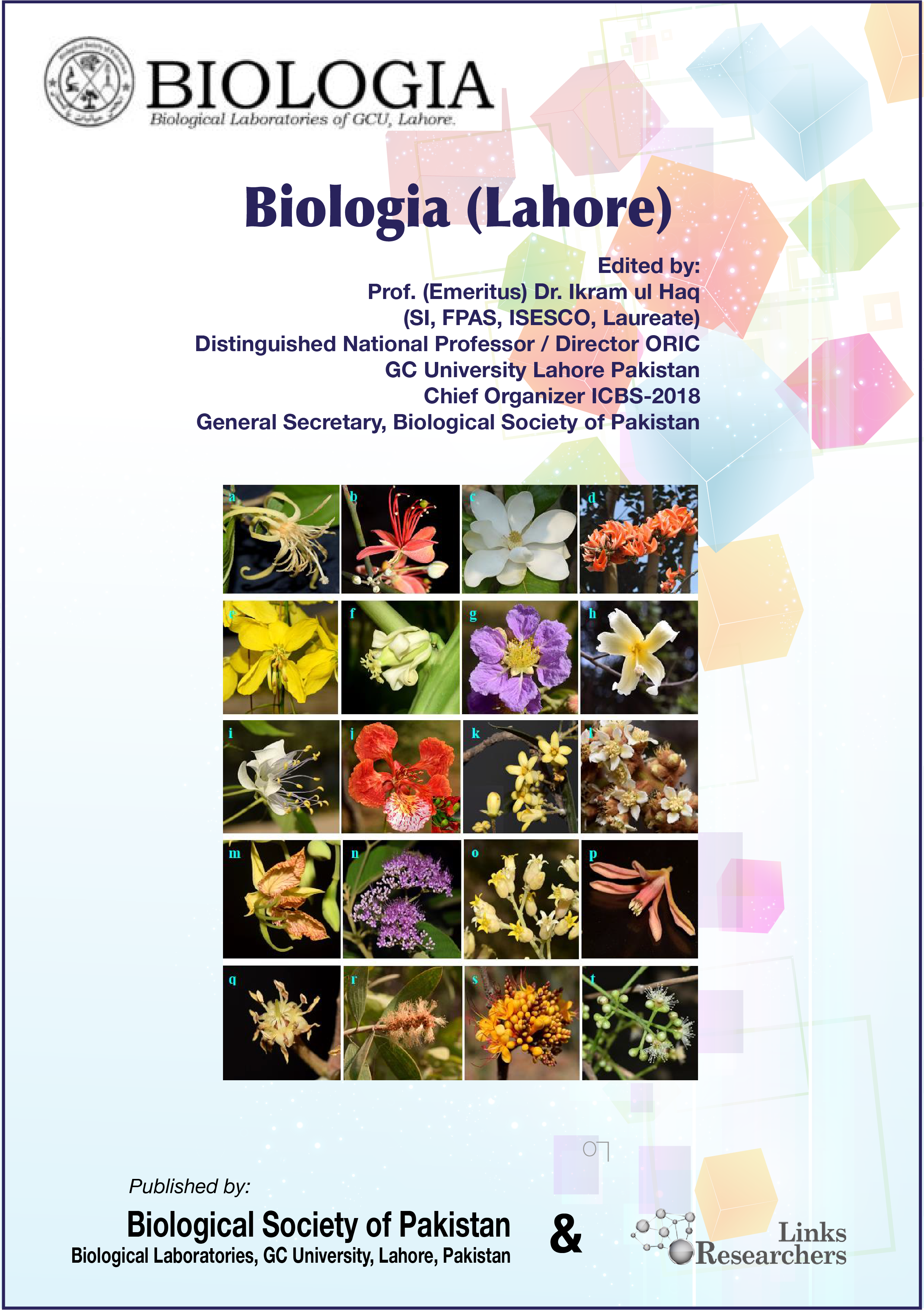Anurag Sharma*, Naresh Kumar, Geetanjali Singh and Anika Sharma
Agustine Christela Melviana1, Rizkita Rachmi Esyanti1*, Roy Hendroko Setyobudi2, Maizirwan Mel3, Praptiningsih Gamawati Adinurani4 and Juris Burlakovs5
Fahrauk Faramayuda1,2*, Totik Sri Mariani3, Elfahmi1,4 and Sukrasno1
Saydat Saad Abd El-Megeed1, Walaa Yehia El-Sayed1*, Tarek Khamis2
Owolabi Olutunmise Victoria1*, Saka Olusola Stephen2, Olashinde Oluwaseun Ruth1, Alli Smith Yemisi Rufina3
Waheed Khan1, Muhammad Ajmal Khan2, Bakhtawar Khan1*, Aftab Amin3, Muhsin Ali4, Awais Farid, Ali Hazrat5 and Muhammad Yahya5
Jawad Ali1,*, Samiya Rehman1, Aqsa Aslam1, Fouzia Tanvir2, Rida Liaqat1, Muhammad Ahmad1, Aamir Riaz1, Muhammad Shafique3, Hassan Ali1 and Amjad Ali1
Abroo Fatima Qazi* and Din Muhammad Shaikh
ASIFA BASHIR1, AAMIR MUSHTAQ2* & TOOBA MEHBOOB3
MUHAMMAD NADEEM1, MUHAMMAD WASEEM MUMTAZ1&MUHAMMAD DANISH1
HAFIZ MUHAMMAD ARSALAN1,2*, SUMMARA TABASSUM1, MUHAMMAD SHERAZ YASIN3, FAROOQ SALEEM4, ZEEMAL SEEMAB AMIN1, MUNIB ASHFAQ1, UMAR FAROOQ GOHAR5 & RASHIDA BASHIR6
*Malik F. H. Ferdosi1, Iqra Haider Khan2, Arshad Javaid2 and Muhammad F. A. Fardosi3
*Arshad Javaid1, Iqra Haider Khan1 and Malik F. H. Ferdosi2
Malik F. H. Ferdosi1, Iqra Haider Khan2, Arshad Javaid2*, Hafiz Muhammad Saeed1, Ifrayeem Butt2 and Ayesha Munir3
Arshad Javaid1*, Malik F. H. Ferdosi2, Iqra Haider Khan1, Amna Shoaib1, Hafiz Muhammad Saeed2, Muhammad Abrar Ul Hassan1
Iram Alam Sthanadar1*, Muhammad Zahid1, Sami Siraj2 and Omar Malik2
Sana Eijaz, Asmat Salim* and Mohammad Anwar Waqar
Bassant Mahmoud Emam1, Jehan Abd Elrazek Hassanen1, Abeer Gaffer Ali Hassan3, Azza Mahmoud Abdullah1, Hadeer Said Aboelnaga2, Amina Ali Dessouki2*
Manan Kumar1, Sony Eka Nugraha2*, Nabila Nabila3


